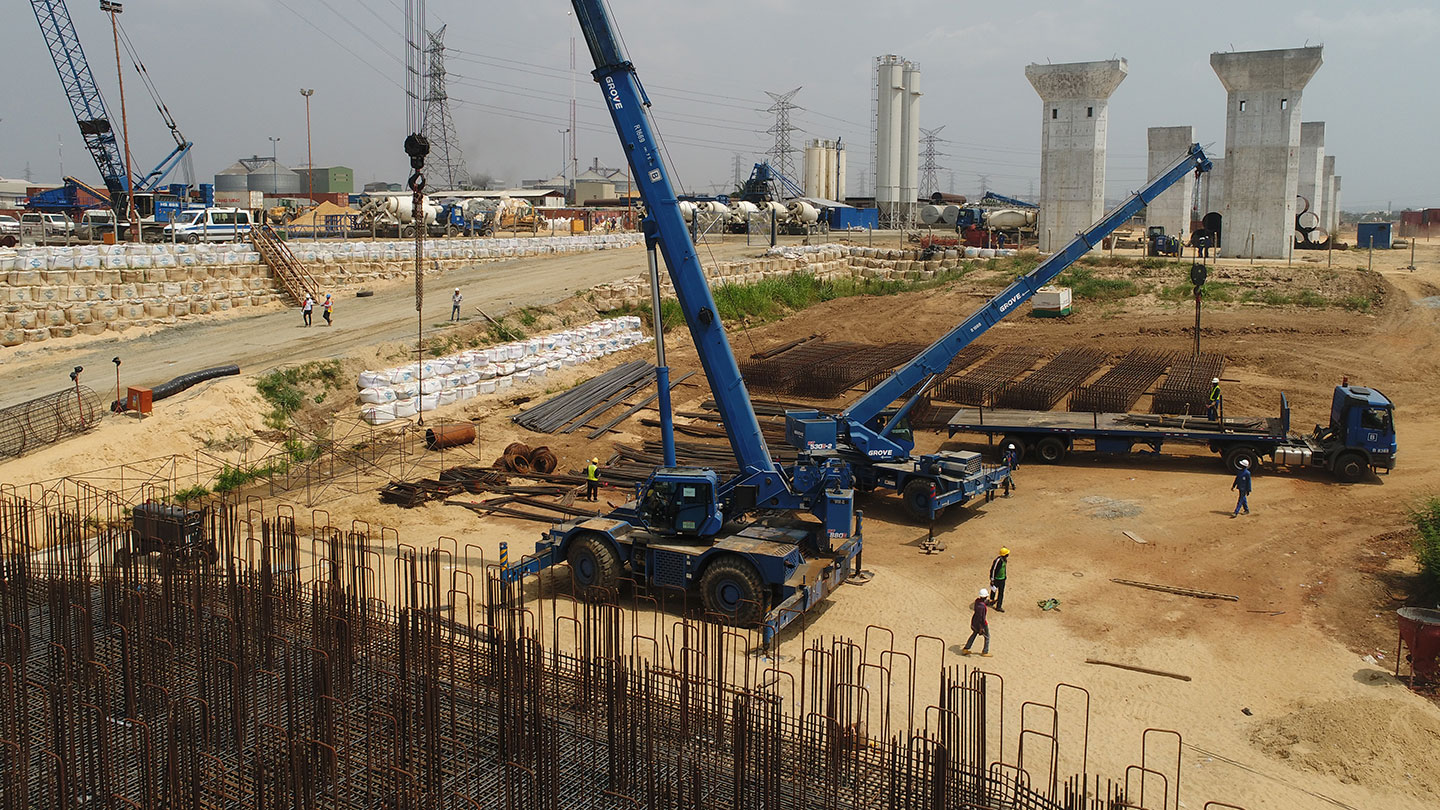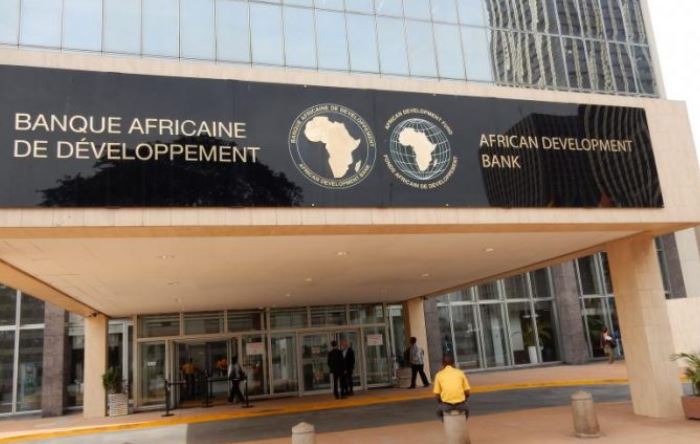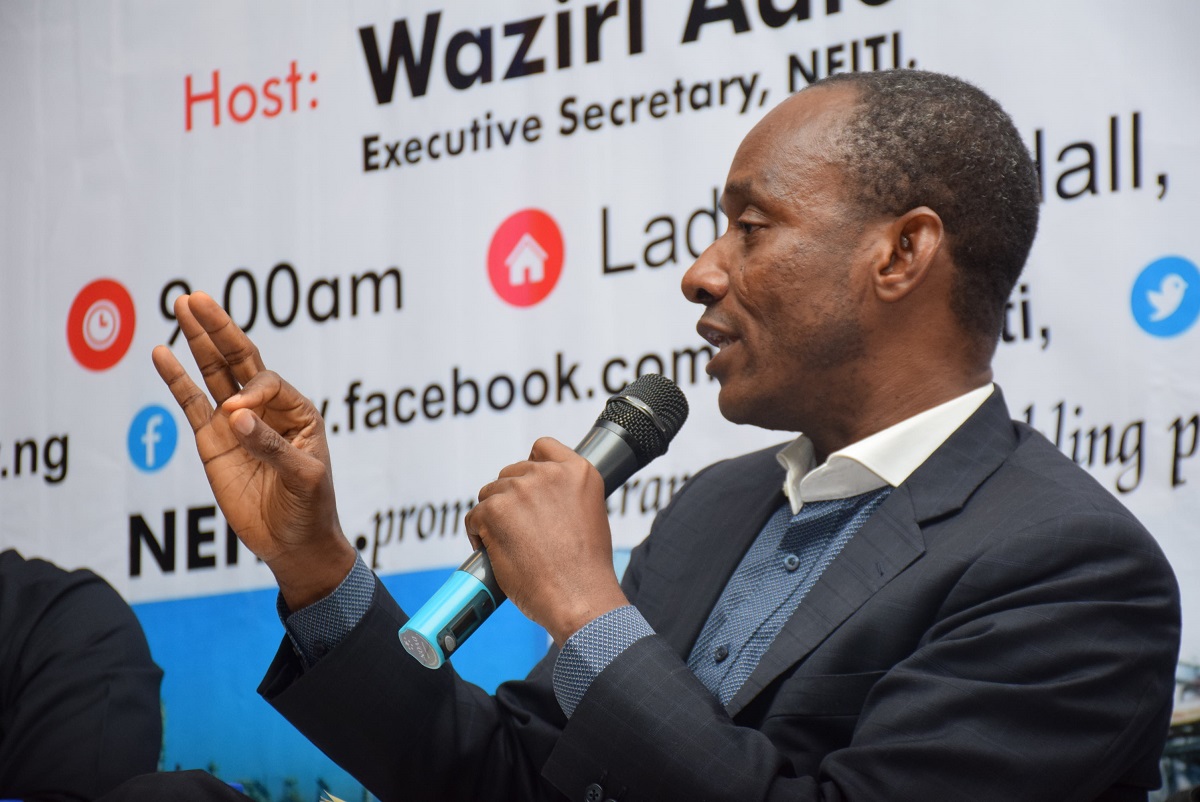Fitch, a global credit rating agency, says Nigeria’s medium-term growth outlook will be slowed down by “acute” supply shortages in the power sector and security challenges.
Presently, the country generates about 7000 megawatts (MW) of available electricity, with an installed capacity of about 12,000MW and distribution way below 4000MW.
However, Nigeria’s energy need is 170,000MW given its population of 201 million, according to the United Nations.
But in a recent commentary, Fitch affirmed Nigeria’s rating at B+, saying this is also weighed down by “poor governance and development indicators, structurally low fiscal revenues and high dependence on hydrocarbons”.
Advertisement
“Nigeria will continue to experience a sluggish recovery driven by the rebound in oil prices and the expansion of services,” it said.
Fitch forecasts GDP growth to average 2.2% in 2019-2020, below its previous 10-year average of 4.2% and the current ‘B’ median of 3.4%.
“High unemployment and inflation will constrain private consumption while investment is held back by tight credit supply, a weak business climate and regulatory uncertainty in the oil sector,” it said.
Advertisement
“A large infrastructure deficit, which is illustrated by acute power supply shortages and security challenges, also dampen the medium-term growth outlook.”
The agency said the sluggish growth would also be predicated by the rebound in oil prices which would not necessarily translate to increase in government revenue.
“Nigeria’s fiscal performance mostly remains a function of fluctuations in oil revenues,” Fitch said.
“However, the implicit subsidy of petrol prices (around 0.6% of GDP in 2018), the gradual clearance of joint-venture (JV) cash call arrears (outstanding stock of 1% of GDP at end-2018) and the conversion of government oil proceeds to naira at a below-market exchange rate continue to constrain budget receipts from hydrocarbon extraction.”
Advertisement






